The Origin And History Of Soccer
Soccer stands as a global phenomenon, transcending borders, languages, and cultures

Once upon a time, in ancient civilizations such as China, Greece, and Rome, a primitive form of soccer began to take shape. People in these ancient societies played a game that involved kicking a ball made of animal skin or cloth through improvised goals, often using their feet or other body parts. These early versions of the game were played for fun and as a means of physical exercise, but they lacked formal rules and structure.
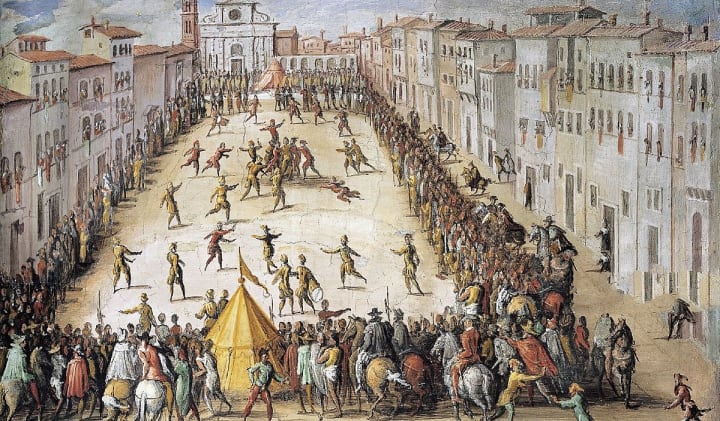
As centuries passed, variations of this ball-kicking game continued to emerge across different cultures and regions. In medieval Europe, for instance, the game was known as "mob football" and was often played between rival villages or towns. These matches were chaotic and had very few rules, often involving hundreds of players on each team, and the objective was to get the ball into the opposing team's goal by any means necessary.
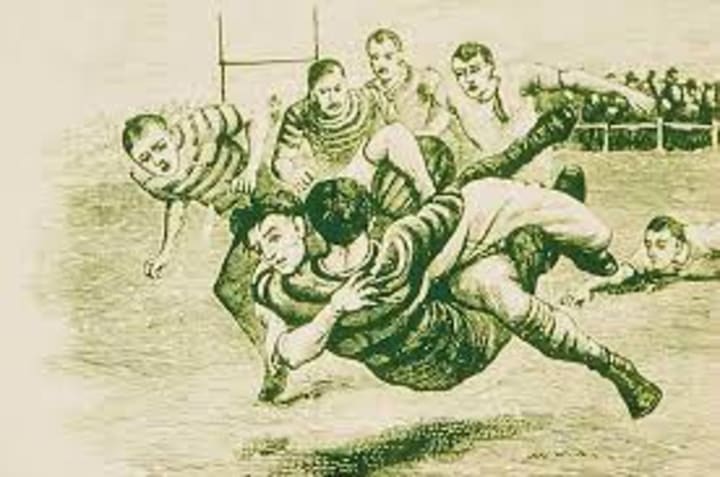
Despite its popularity, mob football became a source of public disorder, leading authorities to ban the game in some regions. As a result, efforts were made to regulate and organize the sport to make it more orderly and less violent.
In the 19th century, soccer as we know it today began to take shape in England. A group of schools and universities started to establish common rules for the game, leading to the formation of the Football Association (FA) in 1863. The Cambridge Rules, drawn up in 1848 at Cambridge University, served as a basis for some of the early soccer regulations.
The FA's standardization of rules, including the prohibition of carrying the ball with hands, laid the foundation for modern soccer. The sport's popularity grew rapidly, and soon, football clubs and leagues sprouted across England and beyond. The formation of the English Football League in 1888 marked a significant milestone, and soccer began to evolve into a more structured and competitive sport.
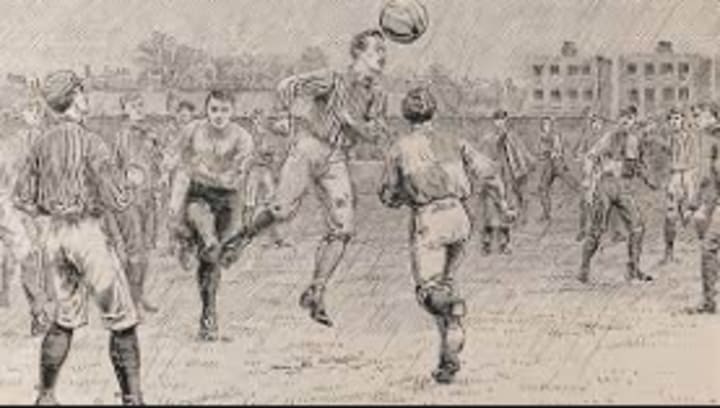
Soccer's popularity continued to spread globally, and it found its way to other continents through British colonial influence, international trade, and cultural exchange. In the late 19th and early 20th centuries, soccer clubs were established in countries like Brazil, Argentina, and Uruguay, and national associations were formed to govern the sport.
In 1904, the Federation Internationale de Football Association (FIFA) was founded in Paris, with the goal of overseeing international soccer competitions and promoting the sport's growth worldwide. FIFA's establishment marked a crucial moment in soccer's history, as it provided a unified governing body that brought together national associations from different countries.
Over the decades, soccer continued to rise in popularity, becoming one of the most-watched and followed sports in the world. The FIFA World Cup, initiated in 1930, became the most prestigious international soccer tournament, capturing the hearts of millions and uniting people from diverse cultures in their love for the game.
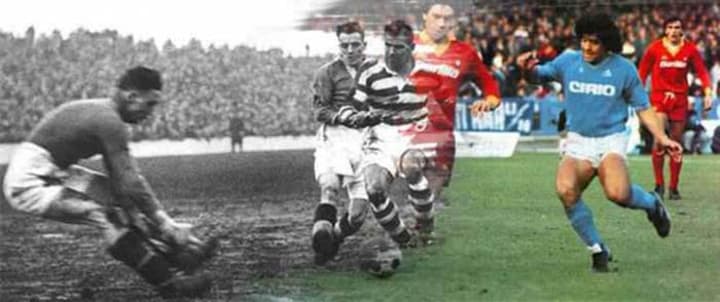
Throughout its history, soccer has seen significant advancements in terms of technology, tactics, and player skills. Innovations like television broadcasts, color television, and video replay technology have enhanced the spectator experience, making soccer accessible to billions of fans worldwide.
Today, soccer stands as a global phenomenon, transcending borders, languages, and cultures. It is more than just a sport; it is a unifying force that brings people together in the spirit of competition, camaraderie, and celebration of athleticism. From its humble beginnings as a simple ball-kicking game to becoming a worldwide spectacle, the story of soccer is a testament to the power of passion, teamwork, and the beauty of the beautiful game.
Soccer became more than a game; it became a universal language of emotions. Joy, excitement, heartache, and camaraderie were felt by fans whether they were in a stadium in Europe, a village in Africa, or a city in Asia.
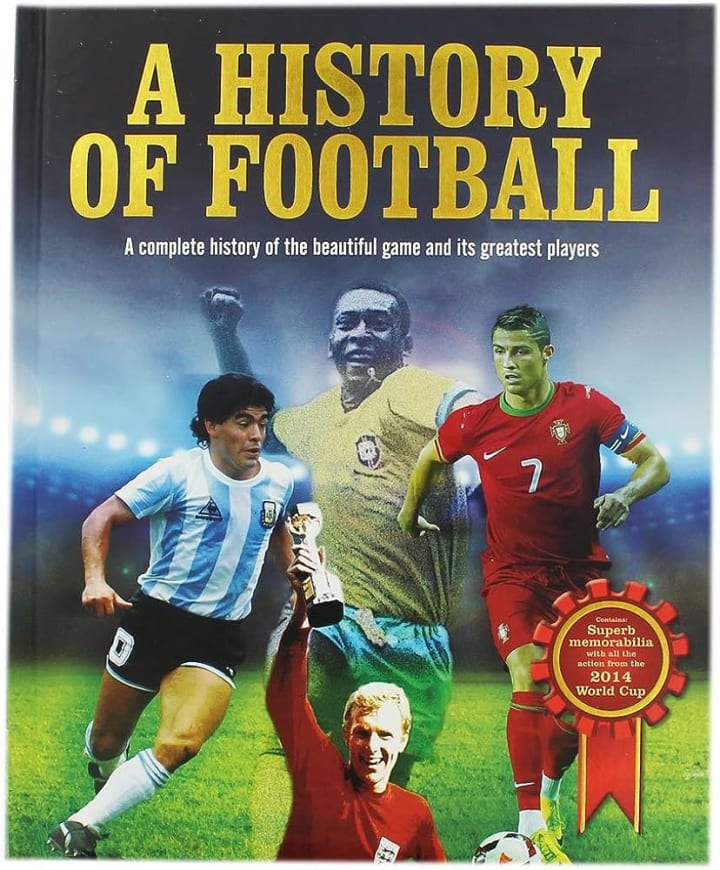
Local derbies and continental club competitions like the UEFA Champions League fostered intense rivalries and friendships. Fans painted stadiums with their team's colors, creating a vibrant mosaic of global unity. Soccer songs and chants echoed across stadiums, embracing fans in an orchestra of passion.
With the advent of social media and the internet, soccer's presence in daily life only intensified. Fans from diverse backgrounds connected online, discussing and celebrating the sport they loved. Language barriers dissolved, and cultural differences gave way to a shared passion.
But soccer's journey was not without challenges. Racism, discrimination, and violence marred some matches, reminding the world of the need to continue striving for a more inclusive and respectful soccer community.
Yet, despite the hurdles, soccer remained a powerful force, fostering friendships and breaking down barriers. It became a way for nations and cultures to express their identity and pride. From the favelas of Rio de Janeiro to the streets of Barcelona, soccer became a symbol of hope, unity, and the pursuit of dreams.
As the years passed, soccer's global phenomenon only grew stronger, transcending borders, languages, and cultures. It showcased the beauty of diversity while celebrating the shared human experience. The beautiful game continued to inspire, connecting people with the unifying language of soccer, forever leaving its mark on the hearts of billions around the world.
Don't forget to subscribe for free, like and comment, thanks for the love.
About the Creator
Enjoyed the story? Support the Creator.
Subscribe for free to receive all their stories in your feed. You could also pledge your support or give them a one-off tip, letting them know you appreciate their work.



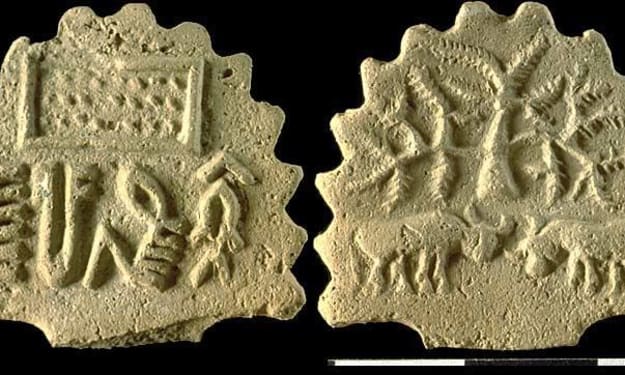


Comments
There are no comments for this story
Be the first to respond and start the conversation.